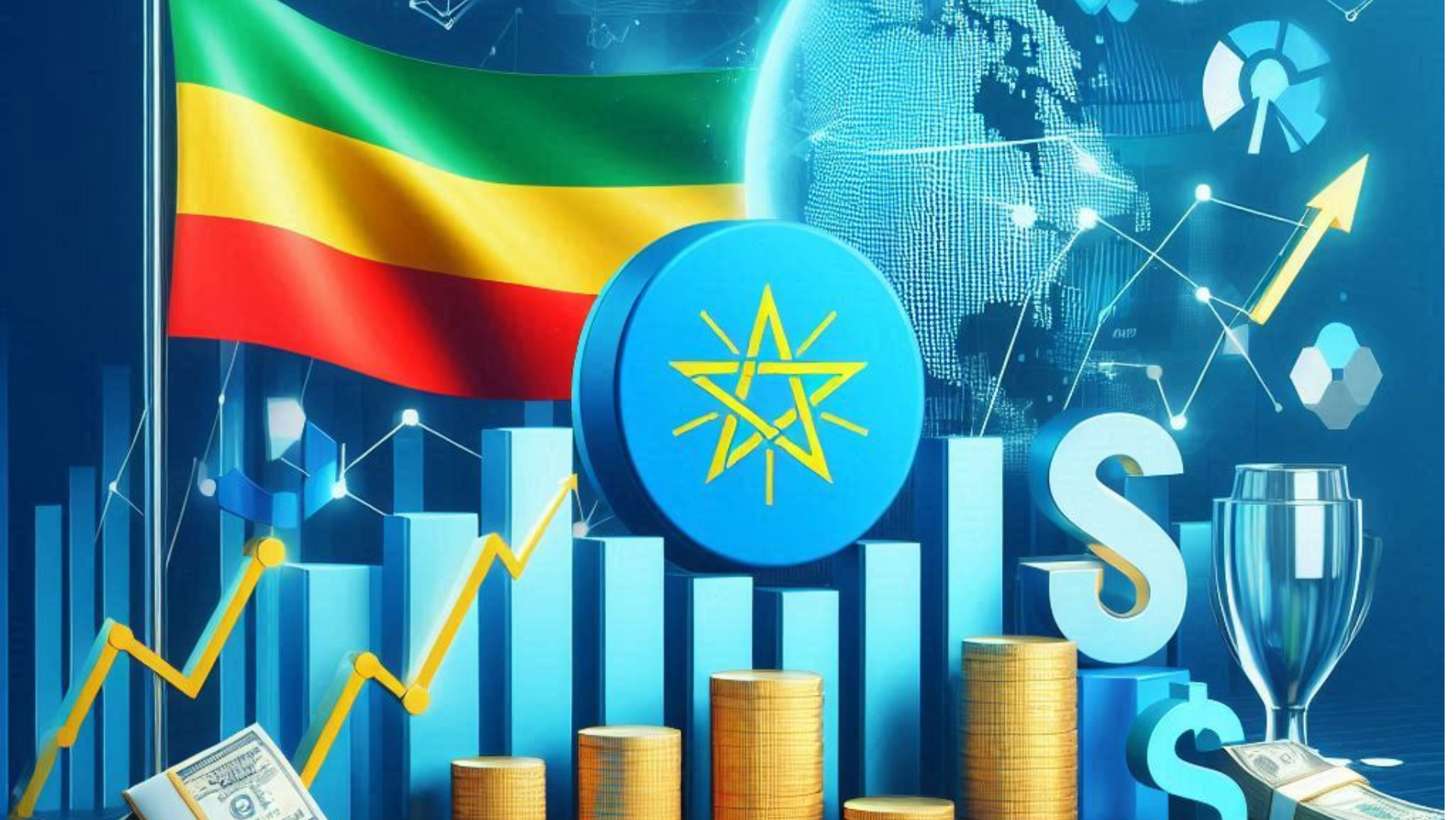The World Bank has announced a substantial financial package totaling $16.6 billion for Ethiopia, encompassing support, debt relief, and long-term loan payments. This announcement was made on July 23, 2016, following the approval by the World Bank’s Board of Directors of the “Ethiopia’s First and Sustainable Inclusive Growth Development Reform Policy Action.”
The approved package includes $1.5 billion in immediate support and loans, with $1 billion allocated as direct support and $500 million as a loan. This funding aims to bolster Ethiopia’s ongoing economic reforms and development initiatives.
Key Financial Allocations:
- Direct Support: $1 billion has been earmarked for direct support to Ethiopia, which will aid in the country’s economic stabilization and growth.
- Debt Payment Extension: $500 million will be used to extend the payment period for existing debts, providing much-needed relief for the Ethiopian government.
- Annual Budget Support: Ethiopia will receive $2 billion annually over the next three years, totaling $6 billion. This support is crucial for the country’s fiscal budget and overall economic planning.
- International Investment Cooperation: The package includes $320 million dedicated to international investment cooperation, facilitating foreign investments in Ethiopia.
- Multilateral Investment Agency: An additional $1.15 billion is allocated to multilateral investment agencies to support infrastructure and development projects in Ethiopia.
- International Financial Cooperation for Investment: $2.1 billion will be directed towards international financial cooperation, encouraging private and public sector investments.
The World Bank’s support comes in response to Ethiopia’s recent economic reforms, which aim to create a more sustainable and inclusive growth model. These reforms include significant changes in the foreign exchange market, allowing for a more market-driven determination of exchange rates. This step is expected to enhance the country’s foreign exchange earnings and ensure their effective utilization for the benefit of local residents and producers.
The Ethiopian government believes these reforms will encourage the production of imported goods within the country, boosting local industries and increasing their market share. However, there are concerns among some economic analysts and the public that these changes could exacerbate inflation and lead to other economic challenges.

